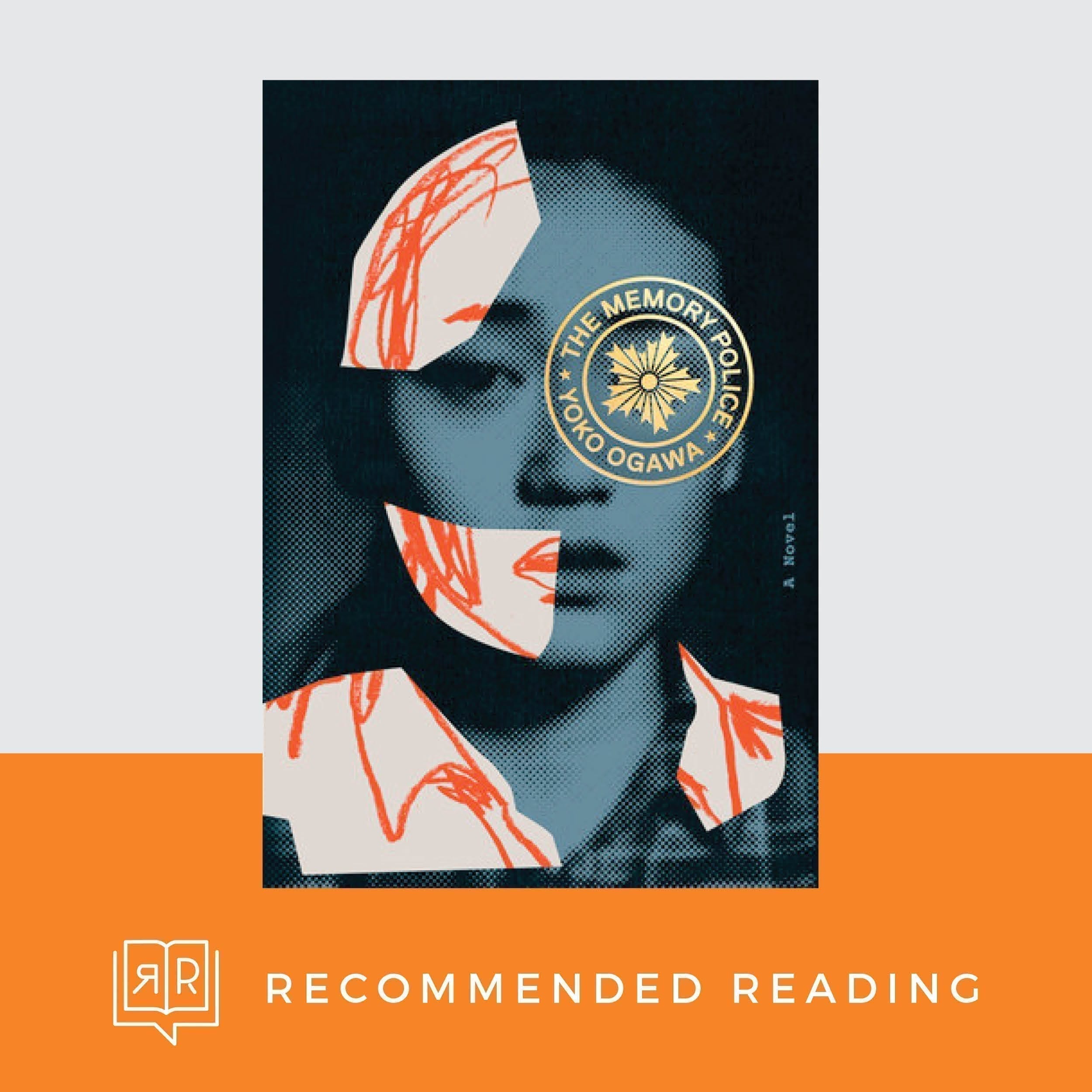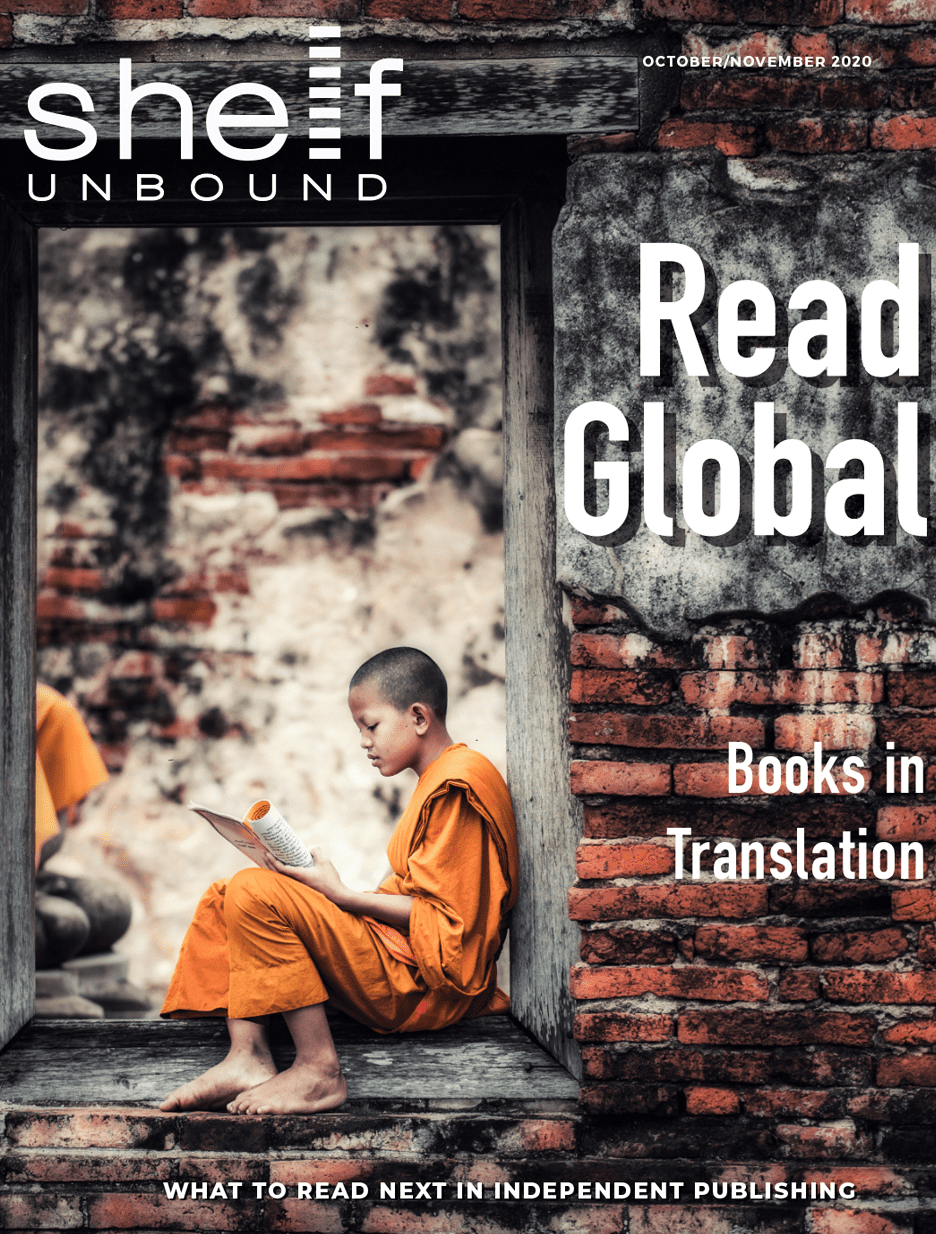Interview: Stephen Snyder. Translator for The Memory Police by Yoko Ogawa

“It’s difficult to imagine a world without translated literature and other forms of writing. We would be a sadly reduced globe with access to only works that were written in the one or two or three languages we might be able to read.”
Have you always had an interest in languages?
SS: I studied French and Classical Greek before beginning to learn Japanese in graduate school, so, yes. In fact, I still read in French almost as often as in Japanese. (The Greek, sadly, is completely gone.)
How many languages do you speak and translate?
SS: I speak and read Japanese and French. I translate only from Japanese to English.
Is The Memory Police your first novel or piece of fiction you have translated? What other bodies of work do you translate?
SS: I believe The Memory Police is the 15th book I’ve translated. I have translated primarily fiction by living writers, with one exception, a novel from the early part of the 20th century by the writer I studied in my dissertation, Kafu Nagai. I’ve translated works by a number of well-known contemporary writers, including the Nobel prize winner Kenzaburo Oe, Ryu Murakami, Natsuo Kirino, Kanae Minato, and Miri Yu. In the last decade, I have worked primarily on translating the fiction of Yoko Ogawa, who I feel is one of the most important living Japanese writers and the one whose work moves and pleases me most profoundly.
How did you get started in translating text? Is this something you do full time?
SS: I am not a full-time translator. I am primarily an academic, and, of late, an academic administrator, serving as the Dean of the Middlebury Summer Language Schools. I got my start translating while finishing my doctoral degree. I was asked by a publishing company in Japan to translate a historical novel by Kunio Tsuji that was published as The Signore. It happened to win the U.S.-Japan Friendship Commission Translation Prize (beginner’s luck), and since that time I have been pretty much continuously translating
Japanese fiction.
How closely did you work with Yoko Ogawa?
SS: We have collaborated closely on the selection of the works to be translated into English. She has several dozen works in print in Japanese, only five of which I have translated so far. We meet annually or more often to discuss the works I’ve read and her new work, focusing the discussion on which works would be of most interest to an English-language audience.
We do not communicate a great deal during the translation process. In the rare event that I do have a question, we communicate via email, since I’m based in Vermont and she is in Ashiya, near Osaka.
Does having a good understanding of the culture help you translate the text?
SS: Having a good grasp of the culture (actually, of both the source culture and your own culture) is essential for any translator. Literature is deeply embedded in the social, historical, and cultural contexts in which it is produced, and translating effectively requires the ability to recognize those contexts in all their complexity and then to find equivalents in the target language and culture that will accommodate the meaning and the poetry in ways that are comprehensible to the new readers—all while not flattening the contours of difference.
What was the most challenging aspect of translating The Memory Police?
SS: The Memory Police is a powerful, suspenseful novel, but it is also a quiet, meditative book full of moments of great beauty. The greatest challenge was to find the language and tone in English that communicated this complex combination of moods and styles that is so central to the original Japanese. Yoko Ogawa’s prose in Japanese is extraordinarily beautiful, so it’s always a challenge to try to find a way to capture even a vague sense of that beauty in English.
Do you feel a great sense of responsibility to get the author’s purpose and message across as clearly as possible?
SS: Yes, it is a responsibility, and all the more so when the works are important one’s, like Ogawa’s. It’s not difficult to translate the general sense of a text or the actual words themselves, but to convey what makes them literature, what makes them matter, and what might make them last is much more difficult, much more rewarding, and much more intimidating as a responsibility.
How important is it to have translated books and other bodies of work?
SS: It’s difficult to imagine a world without translated literature and other forms of writing. We would be a sadly reduced globe with access to only works that were written in the one or two or three languages we might be able to read. The flow of ideas across borders, the enrichment that comes to any language and culture from outside influences, the sense of empathy for other people in other places and other times, and the greater humanity and humane spirit that empathy evokes—none of these would be possible without the art of translation and translated books.
The Memory Police
On an unnamed island off an unnamed coast, objects are disappearing: first hats, then ribbons, birds, roses—until things become much more serious. Most of the island’s inhabitants are oblivious to these changes, while those few imbued with the power to recall the lost objects live in fear of the draconian Memory Police, who are committed to ensuring that what has disappeared remains forgotten.
When a young woman who is struggling to maintain her career as a novelist discovers that her editor is in danger from the Memory Police, she concocts a plan to hide him beneath her floorboards. As fear and loss close in around them, they cling to her writing as the last way of preserving the past.
A surreal, provocative fable about the power of memory and the trauma of loss, The Memory Police is a stunning new work from one of the most exciting contemporary authors writing in any language.

[cm_page_title title=”Continue Reading” subtitle=” Shelf Unbound”]
Article originally Published in the October/November 2020 Issue: Read Global.
